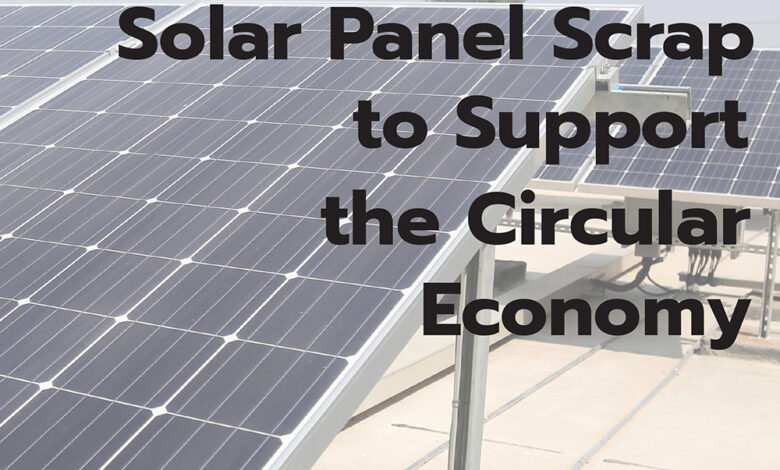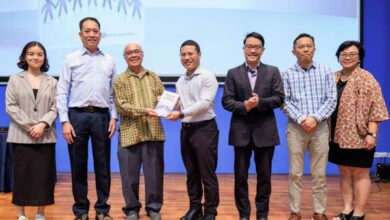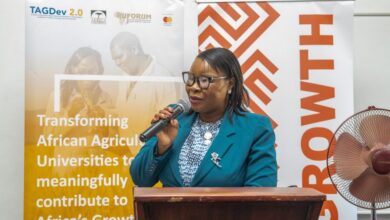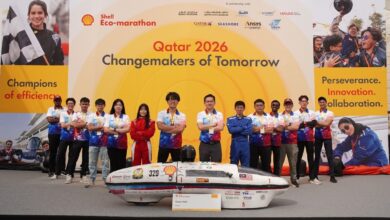Batteries from Solar Panel Scrap to Support the Circular Economy

The School of Global Studies, Thammasat University; Indorama Ventures; the United Nations Development Program (UNDP); the United Nations Children Fund (UNICEF); and the SEAMEO Regional Centre for Sufficiency Economy Philosophy for Sustainability introduced an innovation created by young innovators to raise awareness about the problem of waste in Thailand.
An opportunity was given for young innovators to hone their skills in inventing solutions social and environmental problems. In this project, 174 teams registered for participation and a total of 108 projects were submitted for competition with the aim of supporting the circular economy and the Sufficiency Economy Philosophy. Yutthanakorn Khanapan, leader of the RECYSO team, first-prize winner of the circular economy innovations contest, discussed the team’s circular economy innovation concept as follows:
“Our idea was that it was unnecessary to excavate mines to create batteries. All we had to do was to take scrap from solar panels that had already expired to be recycled for making lithium-ion batteries. This is consistent with the circular economy model, as it is not only the aim to try to produce zero waste, but to also recycle waste to ensure that they remain as part of the economy.”
Thailand began using solar panels in electricity production ever since 2002. With solar panels having about 20 years of usage life, it is expected that by 2022, Thailand will gradually have up to 620,000-790,000 tons of expired solar panels. Accordingly, it has to be admitted that solar panels are beneficial for the purpose of producing clean energy.
However, as these panels expire and are discarded as scrap without proper disposal, many environmental impacts will follow, including greenhouse gas emissions in the form of carbon dioxide and dioxins from improper incinerations, and pollution by heavy metals such as cadmium, lead, tellurium, indium, and gallium, whereby sunlight and rain exposure in landfills might cause these heavy metals to leach into the soil, rivers and canals, leading to environmental and community impacts.
Yutthanakorn said, “Right now, the main reason a solar panel recycling industry has not yet materialized in Thailand is cost ineffectiveness. In other words, the total value that can be extracted from the recycling of these materials amounts to only 400 baht, so most processes just extract the glass and aluminum frames and then landfill the rest.
As for leftover plastic scrap and heavy metals, some companies extract silicon or metals in solar panels to recreate solar cells. However, purity levels have to be increased in doing so, and the process involved is difficult, complicated and very expensive, so it is not cost effective at all.”
“The clear distinction of our innovation is that we extracted the silicon inside solar panels, just like other people, but we modified the properties of this silicon to be suitable for batteries on the nanometer level, which is very small. To get to a nanometer, you have to divide a single strand of hair into eight hundred thousand smaller strands, one of which is equal to a nanometer. We were able to carry out the process and managed to increase the value of metal-grade silicon inside solar panels to an extracted value of 75 baht per kilogram.
When used to create lithium-ion batteries, it can be made for use just like any type of batteries such as batteries for electric vehicles, depending on the design and usage purpose. In a single battery cell, we used it for about 10-15% of the negative terminal. That is the amount that we replaced with nano-silicon or the materials we extracted. In terms of properties, they are light, but have high capacity and long usage life.
“This opportunity provided by the School of Global Studies of Thammasat University, Indorama Ventures, and other partner organizations through the collaborative organization of this event was like many hands joining together to say, “You can do it!” and I believe it will really happen someday. It is a key source of encouragement, and what I expect from this point on is the development of a complete plant that can be used for establishing a start-up or used in the production of industrial factories in recycling solar panels in Thailand,” Yutthanakorn concluded.




